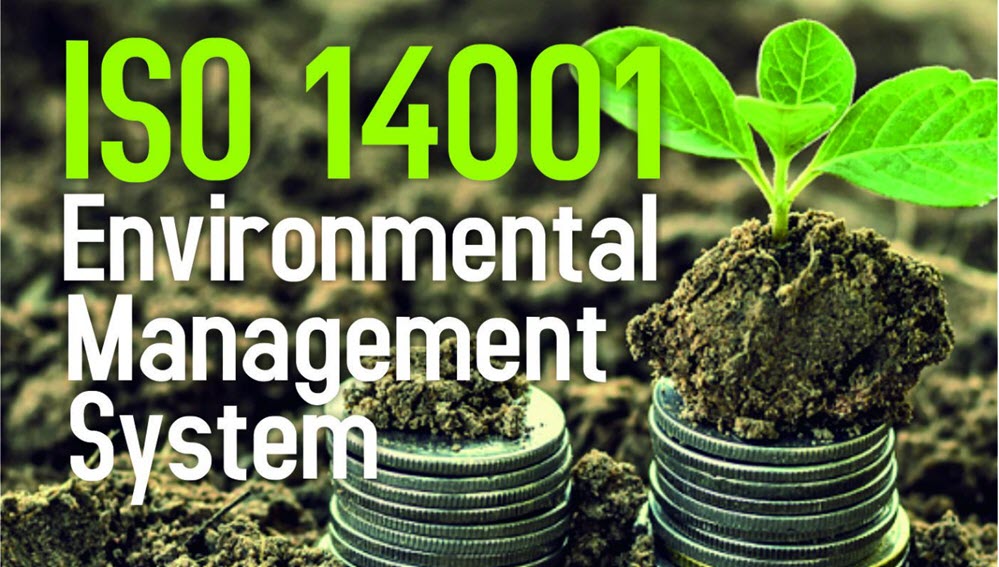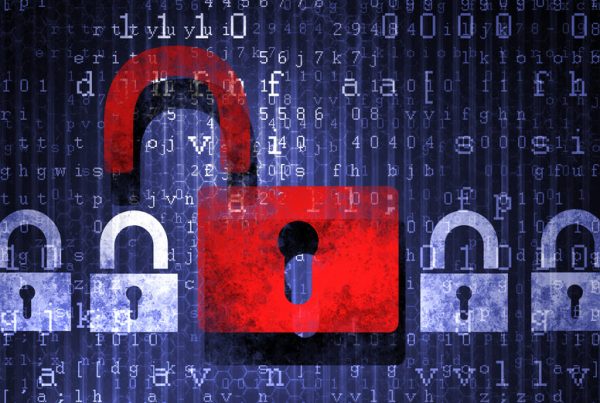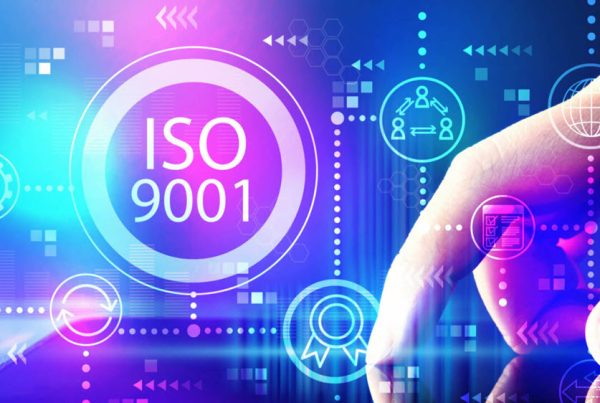ISO 14001 is a globally recognised standard for environmental management systems (EMS) that helps organisations manage their environmental impact and improve their sustainability performance. Obtaining this certification demonstrates a company’s commitment to reducing its environmental impact and complying with applicable laws and regulations.
However, the cost of obtaining an ISO 14001 certification can be a concern for many organisations. It is essential to consider various elements that make up the ISO 14001 certification cost to make an informed decision.
Scope of Certification
The first element to consider is the scope of the certification. This refers to the level of certification required and the extent of the EMS coverage. For example, a company may choose to certify only one site or multiple sites. The scope of certification also depends on the nature of the organisation’s operations, the products or services it provides and the environmental aspects associated with them.
The cost of ISO 14001 certification varies depending on the scope of certification. A single-site certification costs less than a multi-site certification. Similarly, a company that has a simple EMS system may pay less than a company with a complex EMS system. Therefore, it is essential to determine the scope of certification that suits your company’s needs, to get an accurate cost estimate.
Certification Body
Another element to consider when estimating ISO 14001 certification cost is the certification body. The certification body is responsible for auditing the EMS and issuing the ISO 14001 certificate. It is essential to choose a reputable certification body that is accredited by a recognised accreditation body such as the International Accreditation Forum (IAF).
The cost of ISO 14001 certification varies between certification bodies. Some certification bodies charge higher fees than others. However, the cheapest option may not always be the best option. It is essential to choose a certification body that has the necessary expertise, experience and reputation to provide reliable certification services.
EMS Implementation
The cost of ISO 14001 certification also depends on the organisation’s EMS implementation. EMS implementation involves developing and implementing procedures and processes to manage environmental impacts and comply with applicable laws and regulations.
The cost of EMS implementation varies depending on the complexity of the EMS system and the resources required. A company that already has an EMS system in place may incur fewer costs than a company that needs to develop a new EMS system. However, regardless of the situation, a well-implemented EMS system is critical to achieving ISO 14001 certification. It can often be more cost effective to use an ISO 14001 Consultant to support with the development and implementation.
Internal Audits
Internal audits are a crucial element of EMS implementation. They involve conducting regular assessments of the EMS system to ensure it is operating effectively and meeting the organisation’s environmental objectives and targets.
The cost of internal audits varies depending on the size of the organisation, the complexity of the EMS system and the frequency of the audits. Companies can choose to conduct internal audits in-house or hire an external auditor to conduct the audits. Hiring an external auditor provides an objective assessment of the EMS system and save internal resources.
Training
Training is another essential element of the ISO 14001 certification cost. It involves providing employees with the necessary skills and knowledge to implement and maintain the EMS system effectively.
The cost of training depends on the number of employees who require training, the type of training required and the training provider. Training can be provided in-house or by an external provider. In-house training may be more cost-effective, but it may not provide the necessary expertise and experience. External training providers may offer more comprehensive training but at a higher cost.
Maintenance and Recertification
Once a company has obtained ISO 14001 certification, it is essential to maintain the certification through ongoing EMS system improvement and compliance with applicable laws and regulations. Maintenance involves conducting regular internal audits, reviewing the EMS system, and updating it as necessary.
Recertification is required every three years to ensure the organisation continues to meet the ISO 14001 standard’s requirements. The cost of maintenance and recertification depends on the size and complexity of the organisation, the extent of the EMS system coverage and the resources required.
Benefits of ISO 14001 Certification
While the cost of ISO 14001 certification may seem significant, it is important to consider the benefits that certification can bring to the organisation. ISO 14001 certification demonstrates an organisation’s commitment to environmental management and sustainability, which can enhance its reputation and credibility.
Certification can also lead to cost savings through improved resource efficiency and reduced waste generation. ISO 14001 certification can help organisations comply with environmental laws and regulations, reducing the risk of fines and penalties. Additionally, ISO 14001 certification can provide a competitive advantage in the marketplace by demonstrating a commitment to sustainability and environmental responsibility.
Conclusion
ISO 14001 certification can help organisations improve their environmental performance, comply with applicable laws and regulations and enhance their reputation and credibility. However, the cost of ISO 14001 certification can be a concern for many organisations.
If you are interested in developing and implementing an efficient EMS, then contact us for a free consultation on how we can support.





